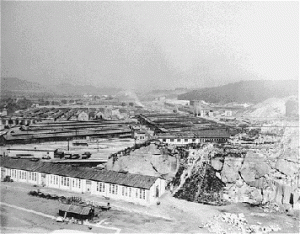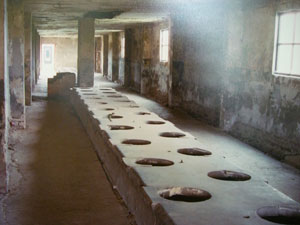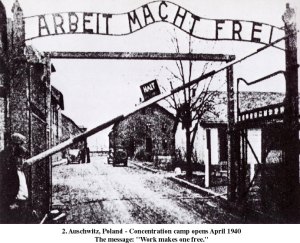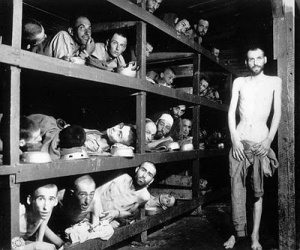
While out covering a story today I heard a must-share anecdote
Background: The locale was Tel Aviv’s landfill. Not the most pleasant of surroundings, admittedly, but one eventually adjusts to the pervasive odor generated by multiple tons of trash.
I was interviewing the head of Tel Aviv’s recycle/renewable energy site at the landfill and as we watched tons of plastic bags, bottles, cartons, containers and the like empty onto conveyor belts aided by municipal employees, I commented:
“God, I’ll bet you’ve had some nasty accidents here with people falling into the compactors…”
The head of the recycle plant nodded his head vigorously and replied: I could tell you some stories.
“Go on then, let’s hear,” I replied.
And this is how it went:
A few years ago the trash conveyor belt recycle line employees came banging on his office door in panic:
“There’s a baby in the compactor! There’s a baby in the compactor!”
He ordered an immediate machine shut down and then ran to the area to investigate.
Sure enough, there was an arm sticking out of the trash compactor heap.
But it clearly wasn’t a baby’s, he explained.
Someone called out in Hebrew: “Come out of there!” but there was no response. Then in Russian. Nothing. Arabic. Still nothing. Amharic. Nada.
Then someone yelled ‘Get out of there!’ in Yiddish. And a reply in German came from inside the heap: ‘No! I’m not coming out! I’m naked’
The men gathered some clothing together and coaxed the man out. He then told his story.
A German tourist, he had gotten drunk in a Tel Aviv pub the night prior and en route back to his hotel, was accosted, beaten up, robbed, stripped and then tossed into a dumpster.
The trash assembly line crew discovered him moments before he was headed into the “crusher”
They summoned an ambulance and police and when the medics arrived, one of the women commented: ‘He’s awfully good looking; shame about the smell.’
Divine intervention?









 As we traipsed to the swimming pool this afternoon, towels draped over our shoulders, my 7-year-old initiated a wee heart-to-heart.
As we traipsed to the swimming pool this afternoon, towels draped over our shoulders, my 7-year-old initiated a wee heart-to-heart.
